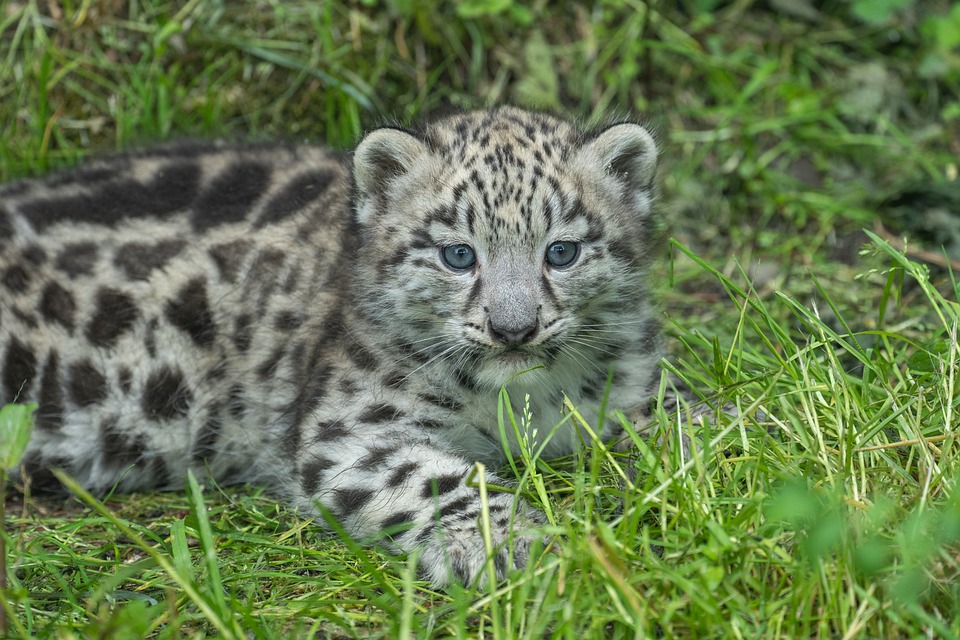Proper hydration is essential for maintaining a cat’s overall well-being. In this article, we will explore the importance of hydration in a cat’s health and provide tips to ensure they stay properly hydrated.
Water is necessary for the optimal functioning of a cat’s vital organs, including the kidneys, liver, and digestive system. It aids in digestion, nutrient absorption, and waste elimination, ensuring the body operates efficiently. Adequate water intake also helps prevent urinary tract issues such as infections and bladder stones. Diluted urine reduces the risk of these problems and promotes the flushing out of bacteria and crystals that can lead to blockages.
Dehydration can quickly occur in cats, especially if they have underlying health conditions, are on medication, or live in hot climates. It can lead to serious health complications, including organ failure. Proper hydration helps prevent dehydration and its associated risks. Additionally, adequate water intake contributes to healthy skin and a shiny coat in cats. It moisturizes the skin, prevents dryness, and reduces the likelihood of skin-related issues like dandruff and itchiness.
To ensure your cat stays properly hydrated, there are several effective strategies you can implement. Always provide your cat with fresh, clean water. Cats prefer running water, so consider investing in a cat water fountain to encourage increased water consumption. Additionally, place water bowls or fountains in various locations throughout your home to ensure easy access to water, especially if your cat spends time in different areas.
Incorporating wet food into your cat’s diet can also boost their overall water intake. Wet food has a higher moisture content compared to dry kibble. If your cat is reluctant to drink plain water, you can try adding a small amount of low-sodium chicken broth or tuna juice to their water to entice them to drink more. It is important to clean your cat’s water bowl daily to ensure it remains appealing and free from bacteria.
It is recommended that cats consume approximately 60-80 milliliters of water per kilogram of body weight daily. However, this can vary based on factors such as age, activity level, and diet. Consult your veterinarian for specific recommendations for your cat. Signs of dehydration in cats include dry gums, loss of skin elasticity, sunken eyes, lethargy, decreased appetite, and concentrated urine. If you suspect your cat is dehydrated, seek veterinary attention promptly.
While wet food can contribute to your cat’s water intake, it is still important to provide access to fresh water. Cats have different preferences, and some may not consume enough water solely through wet food. Certain medical conditions like kidney disease, diabetes, and hyperthyroidism can increase a cat’s water requirements. If your cat has a medical condition, consult your veterinarian for guidance on managing their hydration needs.
In conclusion, proper hydration plays a crucial role in a cat’s overall well-being. By ensuring they have access to fresh water and incorporating hydration-promoting practices into their routine, you can help safeguard their health and keep them happy for years to come.








